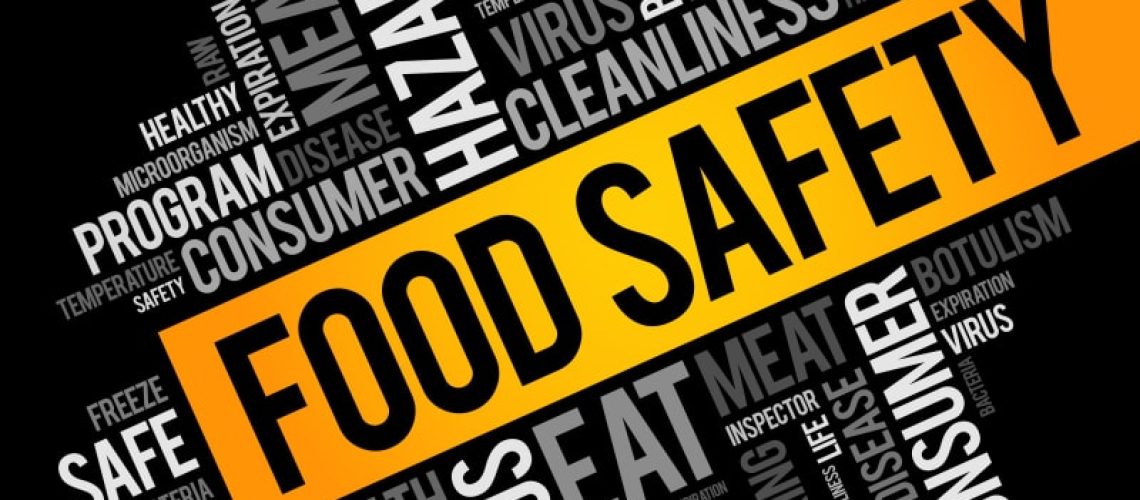Introduction to HACCP:
Hazard Analysis and Critical Control Point (HACCP) is an internationally recognised system focused on reducing the risk of safety hazards in food. It is a crucial element in modern food safety management systems and plays a vital role in the United Kingdom’s food sector. This blog post aims to explore HACCP’s relevance, its application in the UK, and how businesses can benefit from this critical food safety system.
Understanding HACCP:
HACCP is a systematic approach designed to ensure food safety from biological, chemical, and physical hazards during production, manufacturing, distribution, and consumption processes. The system focuses on identifying the risks, establishing controls, monitoring compliance to these controls and maintaining a record for verification.
HACCP in the UK:
In the UK, the implementation of HACCP is mandatory for all food business operators, except for primary producers, according to the EU Regulation (EC) No 852/2004 on the hygiene of foodstuffs. The Food Standards Agency (FSA) in the UK provides guidelines on the application and management of HACCP-based systems.
Implementing HACCP:
The implementation of HACCP in the UK involves seven key principles:
1. Conduct a hazard analysis.
2. Identify the Critical Control Points (CCPs).
3. Establish critical limits for each CCP.
4. Establish a system to monitor control of the CCPs.
5. Establish corrective actions when monitoring indicates a particular CCP is not under control.
6. Establish procedures for verification to confirm the HACCP system is working effectively.
7. Establish documentation concerning all procedures and records appropriate to these principles and their application.
Benefits of HACCP for UK Businesses:
HACCP offers several benefits to businesses in the UK. It helps in:
1. Enhancing food safety: By identifying and controlling hazards, HACCP helps to ensure that food is safe for consumption.
2. Compliance with laws: Implementing HACCP helps businesses meet their legal obligations under UK and EU food safety legislation.
3. Building customer trust: A HACCP certification can enhance a brand’s reputation, boosting customer trust and loyalty.
4. Improving efficiency: HACCP helps businesses identify process inefficiencies and develop solutions, ultimately saving time and resources.
Conclusion:
The HACCP system is a cornerstone of the UK’s food safety framework. It not only ensures the safety of food products but also helps businesses to maintain compliance with food safety legislation, enhance their reputation, and improve their operational efficiency. The Food Standards Agency provides a plethora of resources for UK businesses to understand, implement, and maintain the HACCP system. It’s a continuous commitment to upholding the highest standards of food safety and ensuring the wellbeing of consumers.


